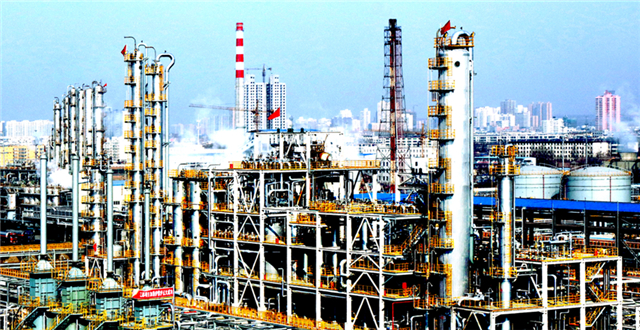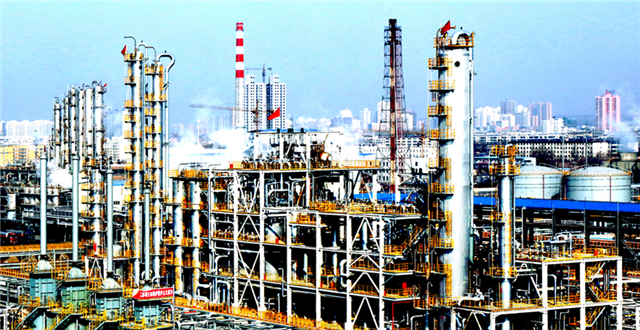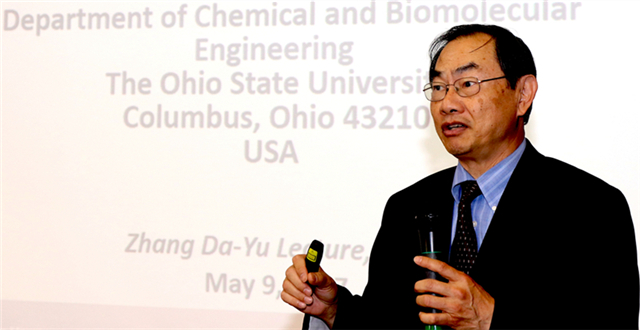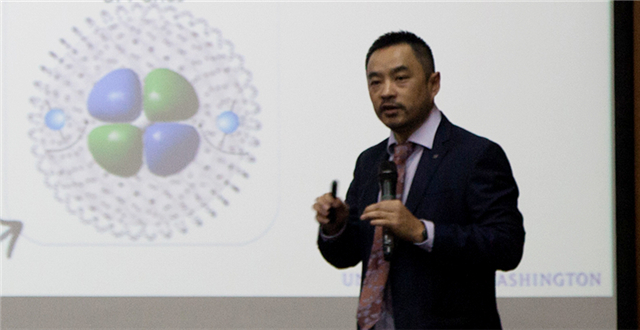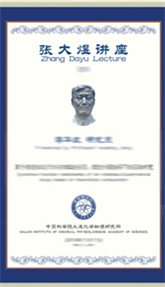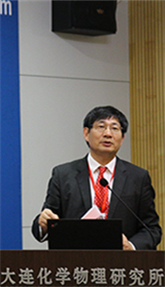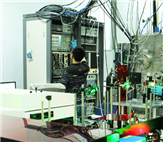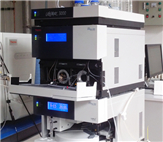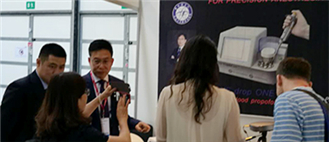The Dalian Institute of Chemical Physics (DICP) is located in the beautiful port city of Dalian, China. In the past half century, research at DICP has closely reflected the economic and scientific needs of China. The Institute has built up an impressive portfolio of achievements, principally in the fields of catalysis, chemical engineering, chemical lasers, molecular reaction dynamics, organic synthesis, and chromatography for modern analytic chemistry and biotechnology.
-
Scientists review bio-based production of biofuels
Professor Zhou Yongjin from the Dalian Institute of Chemical Physics (DICP) of the Chinese Academy of Sciences, in collaboration with Professor Jens Nielsen and Doctor Eduard Kerkhoven from Chalmers University of Technology, reviewed the barriers and opportunities in bio-based production of hydrocarbon biofuels.
Read More -
Scientists advance planar-type perovskite solar cells record-efficiency
A research group led by Professor Liu Shengzhong from the Dalian Institute of Chemical Physics (DICP) of the Chinese Academy of Sciences, in collaboration with Professor Yang Dong from Shaanxi Normal University and Professor Shashank Priya from Virginia Tech, studied the high efficiency of planar-type perovskite solar cells with negligible hysteresis using EDTA-complexed SnO2.
Read More -
Scientists investigate heterogeneous acid-base catalysis at atomic level
Shedding insights into the acid-base properties at the atomic level is crucial for heterogeneous catalysis.
Read More
-
Lecture: Application of NMR Based Metabolomics to Enhance Diagnosis/prognosis of Different Pathologies
Outcomes for patients suffering from diseases are often difficult to predict.
-
Lecture: A small potassium current in AgRP/NPY neurons regulates feeding behavior and energy metabolism
Neurons that co-express agouti-related peptide (AgRP) and neuropeptide Y (NPY) are indispensable for normal feeding behavior.
-
Lecture: Computational design of self-assembling proteins and Protein-DNA nanowires
Biomolecular self-assemblies are of great interest to nanotechnologists because of their functional versatility and their biocompatibility.

